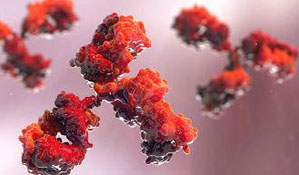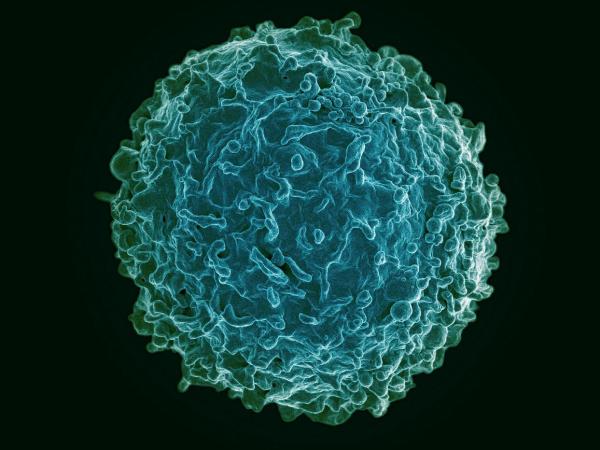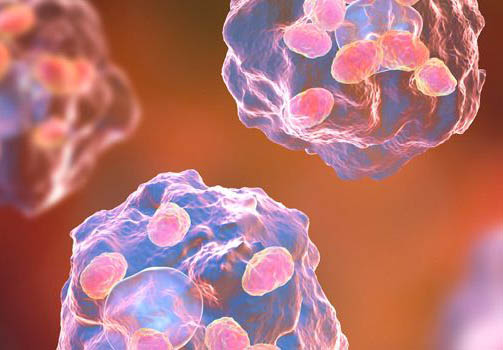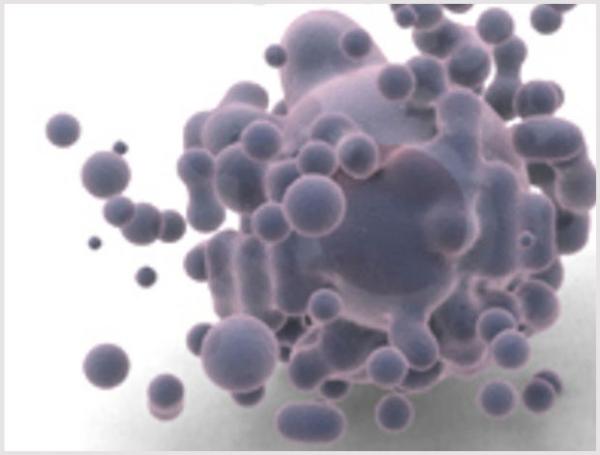High-Fat Diet Alters Brain’s Response to Food
Mouse Study Identifies Neurological Obstacle to Dietary Improvements
Every morning, thousands of Americans wake up intending to eat more healthfully, only to find themselves chowing down on a greasy burger at dinnertime. In addition to the many biological and socioeconomic obstacles to healthy eating, a salad can just plain seem unappealing compared to a plate of crispy fries. According to new IRP research, a high-fat diet can dramatically alter how the brain responds to food in ways that make a more wholesome meal less enticing and satisfying.










